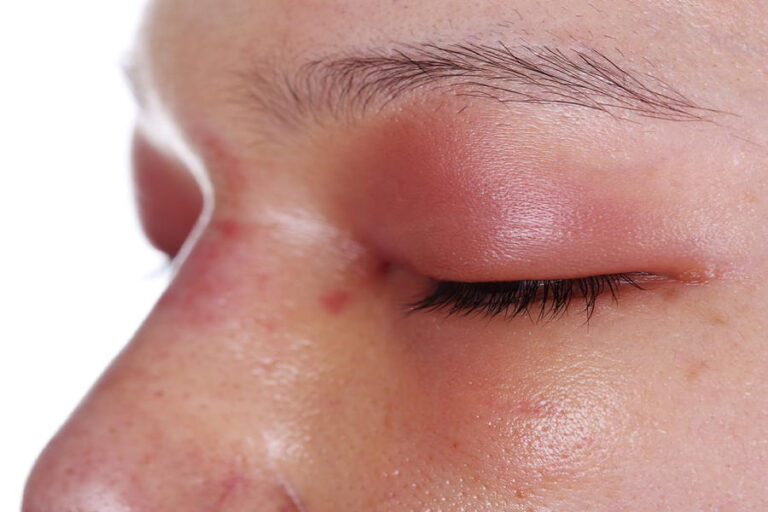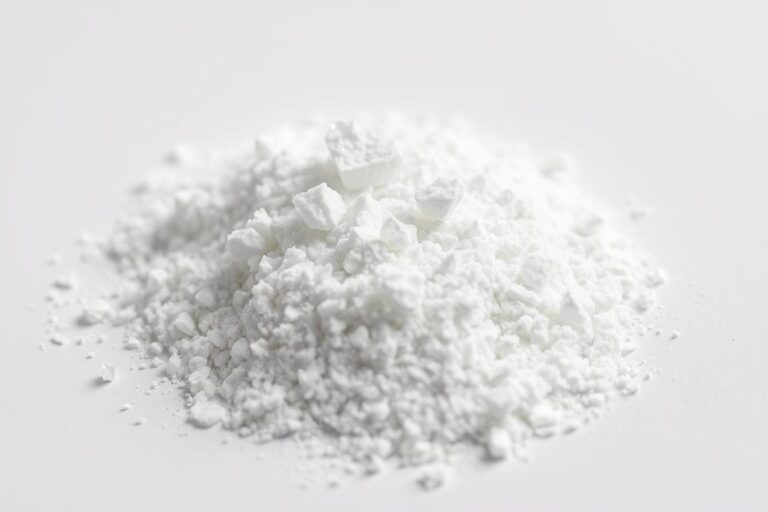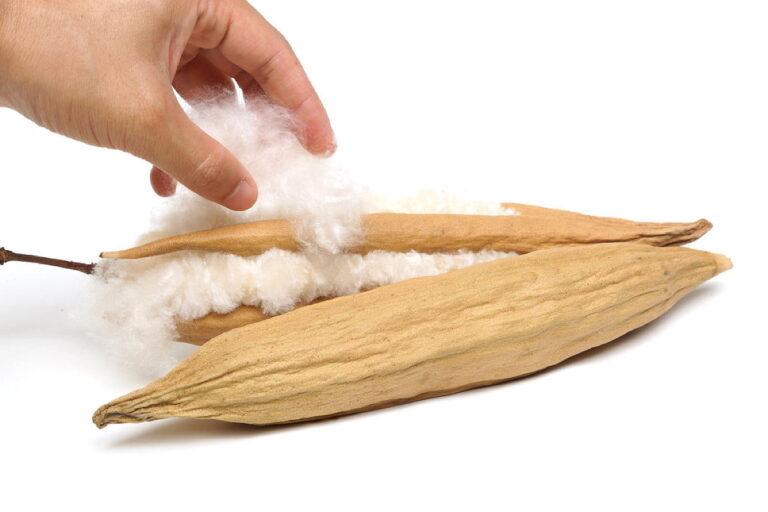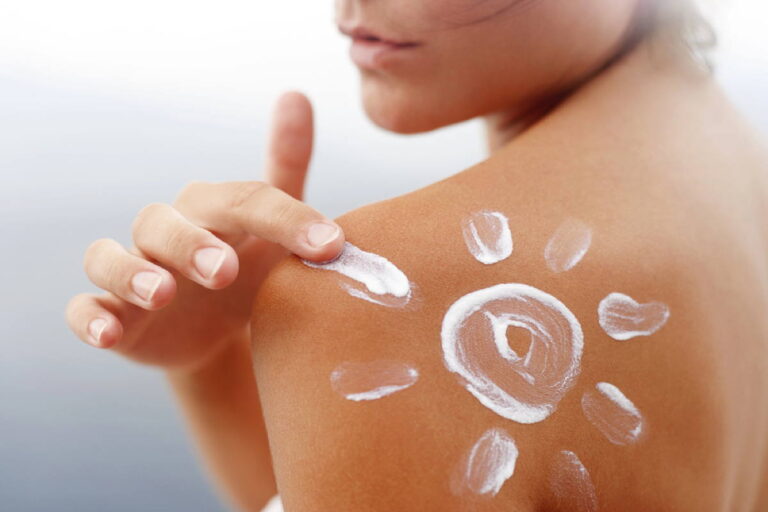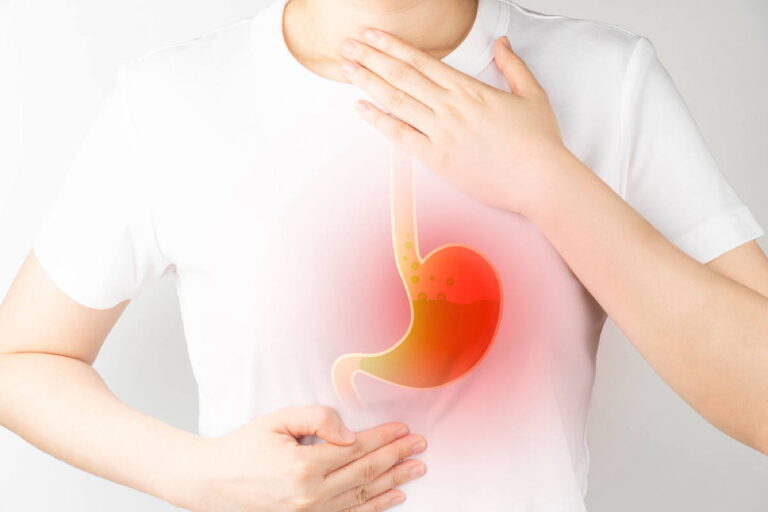Aromatherapy: fragrant natural healing for body & mind
The delicate scent of lavender, the invigorating hint of lemon or the warm aroma of cedar wood can positively change our mood in an instant. Especially in an increasingly stressful everyday world, many people are looking for natural methods to promote physical and emotional balance.
What was once considered an alternative method has established itself as an effective approach thanks to scientific research – because essential oils can directly influence our nervous system and thus have lasting effects. This article introduces you step by step to the fascinating world of aromatherapy, shows you how to get started as a beginner and presents practical tips for everyday personal and even professional use.
Short & sweet: Aromatherapy at a glance
– Basics of aromatherapy – natural essences for body & mind 🌿
– Perfect basic equipment: lavender, peppermint, citrus, tea tree & eucalyptus 🍋
– Aromatherapy in everyday business life: reduce stress & improve team climate 🏢
– Practical application: room scenting, massage applications & inhalations 💆♀️
– Solutions for health problems at work: headaches, tension & more 💡
The power of aromatherapy: basics and modes of action
Aromatherapy uses the concentrated essence of plants – in the form of essential oils – to promote our well-being on a physical and emotional level. These oils contain up to 500 bioactive compounds that are absorbed through the skin and respiratory tract and interact directly with our nervous system. Particularly noteworthy here is the connection to the limbic system, our emotional brain center, whereby fragrances can directly enhance or relax our mood.
Traditional applications are now confirmed in numerous scientific studies: Lavender reduces anxiety, citrus oils lift the mood and rosemary promotes mental clarity. This knowledge enables even beginners to make targeted use of the versatile potential of aromatherapy in everyday life or at work.
Essential oils for beginners: which oils belong in the basic kit
The best way to get started with aromatherapy is with a well-thought-out selection of fundamental essential oils:
– Lavender – a true all-round talent that reduces stress, promotes sleep and even soothes skin irritations.
– Peppermint – ideal for a cool refreshment, supports concentration and has an invigorating effect.
– Citrus oils (such as orange or lemon) – lift the mood and create a positive, energizing atmosphere.
– tea tree oil – impresses with its antiviral and antibacterial properties, especially in times of colds.
– eucalyptus – helps with respiratory problems and purifies the air in the room.
This selection offers a solid basis and can be expanded according to individual needs. It is always important to use high-quality, all-natural oils to ensure the full therapeutic effect.
Aromatherapy in everyday business life: stress reduction for SMEs and their employees
The modern workplace is often characterized by high pressure and constant availability. Here, aromatherapy can serve as a natural stress reliever and improve the working atmosphere. Essential oils such as lavender, bergamot and lemon are predestined to achieve positive effects in everyday office life:
– Lavender provides relaxation before important meetings or in tense work situations.
– Bergamot promotes a positive mood and mental clarity – ideal for creative processes.
– Citrus oils increase concentration and productivity, especially during the afternoon slump.
There are many practical ways to implement this: discreet diffusers in meeting or break rooms, personal inhalers or even aromatherapy hand massages can help to sustainably improve the working atmosphere and reduce absenteeism.
Practical application methods: from room scenting to body application
Aromatherapy offers a wide range of application options that can be individually tailored to different needs.
– Room fragrancing: Diffusers, scented lamps or room sprays are used to evenly distribute essential oils, creating a pleasant atmosphere in offices or at home.
– Body application: For massage applications, a few drops of an essential oil are mixed with a carrier oil (such as almond or jojoba oil) – ideal for relaxing tense muscles.
– Inhalation: Add 2-3 drops of oil (e.g. eucalyptus or peppermint) to hot water to clear blocked airways and alleviate cold symptoms.
– To-go solutions: Aromatherapeutic roll-ons or sprays offer a discreet way to benefit from the effects on the go.
– Body care: Essential oils can be integrated into bath additives, shower gels or body oils to help you relax at the end of the day.
The correct dosage is particularly important for all applications – less is often more, especially for beginners.
Aromatherapy solutions for common health problems in everyday working life
Certain complaints occur regularly, especially in the working environment, for which aromatherapy can provide effective support:
– Headaches: Peppermint oil has a cooling effect and can relieve tension headaches, while lavender reduces stress-related headaches.
– Lack of concentration: Citrus oils such as lemon and bergamot as well as rosemary promote mental clarity and increase alertness.
– Muscle tension: Massage oils with eucalyptus, wintergreen or juniper stimulate blood circulation and have a muscle-relaxing effect.
– Respiratory complaints: Antibacterial and immune-boosting oils such as tea tree, eucalyptus and thyme are particularly helpful in preventing seasonal colds.
– Digestive problems: oils such as ginger, fennel and peppermint can effectively relieve flatulence and stomach discomfort after a hasty lunch.
These natural solutions can be seamlessly integrated into everyday working life and contribute to a healthier and more energetic working environment.
Conclusion: Discover the world of aromatherapy
Aromatherapy offers a holistic approach to promoting well-being and health – whether in the private sphere or in the modern workplace. The variety of essential oils and their individual modes of action make it possible to specifically reduce stress, improve sleep or promote concentration. Especially in our hectic times, the conscious integration of fragrances can make a valuable contribution to work-life balance.
Scientifically supported findings combine the long-standing tradition of aromatherapy with modern application techniques. Nevertheless, quality comes first. Be inspired by the natural power of fragrances, try out different applications and adapt them to your individual needs – always with the right dosage and, if necessary, in consultation with medical professionals.
Frequently asked questions about aromatherapy
Q: What is aromatherapy?
A: Aromatherapy is a part of naturopathy that uses the effects of essential oils and fragrances to calm the mind and soul and increase well-being. It is often used in herbal medicine and phytotherapy.
Q: How are essential oils extracted?
A: Essential oils are mainly obtained by steam distillation or cold pressing. These methods extract the pure essential oils from the plant parts.
Q: What are the areas of application for aromatic oils?
A: The use of essential oils ranges from alleviating physical complaints to supporting mental relaxation and having an antiseptic effect on skin problems. They can also be used in aroma care and massages.
Q: Is it safe to use essential oils on children?
A: Essential oils must be dosed very carefully for small children and generally used in diluted form. Undiluted use can lead to irritation. It is recommended to seek advice from a naturopath.
Q: What effect does lavender oil have on the body?
A: Lavender oil is known for its calming effect on the mind and soul. It can be used to soothe burns with lavender oil and has an antiseptic effect.
Q: What does the term “father of aromatherapy” mean?
A: The term “father of aromatherapy” refers to René-Maurice Gattefossé, who popularized the therapeutic use of essential oils after discovering the healing properties of lavender oil for burns.
Q: How to make the right choice of essential oils?
A: The choice of essential oils should be based on the desired effects and individual tolerance. A naturopath or reading experts such as Eliane Zimmermann can be helpful here.
Q: What role do fragrances play in aromatherapy?
A: Fragrances in essential oils have a direct effect on the organs and the central nervous system, which can lead to an improvement in well-being and activation of healing processes.
Q: Can aromatic oils be used to relieve stress?
A: Yes, aromatic oils such as jasmine oil or sandalwood are known for their soothing and relaxing effects, which can help to reduce stress and promote mental balance.


